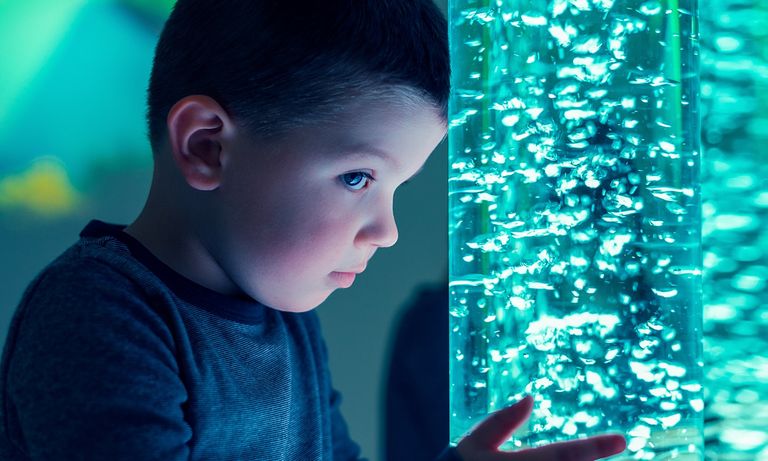What Kind of Dialogue Could You Possibly Have With a 175 IQ Individual? - Richard Bandler, Richard Tricker and I have been discussing these kinds of intelligence gaps in the world of academia for some time now. We believe that one of the most important factors to comprehend about these IQ gaps is that we are all unique human beings with different aptitudes and personalities. So what exactly would be required to have a healthy dialogue with an intellectually superior individual? Consider this in 2021.

What kind of dialogue could you possibly have with an intellectual? Well there are probably as many kinds of people with different degrees of intelligence, in terms of IQ as there are quadrillions of people in the world. And each one of those individuals has likely had a different kind of dialogue with someone else, from childhood on up through retirement. In other words, we all have had different kinds of conversations, with different people, even if we don't realize it, and what we're really looking for is an intelligent conversation.
Now don't get me wrong, it's not really necessary to have high-quality conversation with anyone who is very high-functioning. In fact, if you can, it's best if you don't. What's necessary, however, is to engage in an intelligent conversation about intelligence research, and to get clear on some questions such as: What is intelligence, how is it measured, how is it used in the business world? Do you believe IQ is important?
What kind of conversation could you possibly have with an intellectual? That depends on what you mean by intelligence, whether you mean it in IQ terms, or in personality terms, or in both. If you ask me what kind of conversation I'd had with a person, I'd say that it would be an intellectual discussion. I'd want to know his point of view, what he believes, what he talks about. Asking him questions about these things allows us to understand his psyche, if indeed he has one at all.
Now then, I've been asked this question: What kind of conversation could you possibly have with a very high-functioning autistic person? The first thing I would do is simply say: Don't worry about it. High-functioning autistic people have a lot to say, and they say it in an interesting way, sometimes in response to you, sometimes not. They're busy, and so are you.
So if you want to try and have a kind of conversation with them, I'd suggest you find another person to talk to. And then, when you do, try to take on some of the topics they bring up, rather than trying to engage in a one-on-one sort of thing. Go ahead, do your thing. This may not work. It's worth a shot.
So back to my original point: What kind of conversation could you possibly have with a highly intelligent person? The answer is: None. You're not going to engage him in a one-on-one conversation. That will never work.
For you, this will make sense, and yet it still seems odd to me. After all, it's a simple question. What kind of conversation could you possibly have with an autistic person? And yet, there are plenty of autistic people out there talking to each other. So, I think you should consider this new information.
Now then, some autistic people have the ability to mimic their environment. This is a tremendous skill, and I've seen many autistic people in my own life that do amazingly well in school, especially in social situations. Yet, they don't talk much. Is this because they are unable to "bridge"? Perhaps I'm being too simplistic... but isn't it possible that they are afraid to initiate a conversation, so they just mimic the conversations they see with others?
You might say this is akin to a shy person that doesn't talk much, or a person with social anxiety that doesn't want to put anyone at ease. But isn't that a little bit extreme? After all, an autistic person may very well be perfectly capable of understanding what you are saying and having a normal conversation with you, but they are also very scared of having a normal conversation with anyone else.
It is very important for an autistic individual to be able to talk, even if they don't realize it. That's one of the hardest things about the autism spectrum disorders is the need to be able to communicate with others. With therapy, that will become easier, as the autistic individual gets better. But today we already know that there is hope for all autistic individuals. If what you'd like to know about what kind of conversation could you possibly have with an autistic person, try searching online.